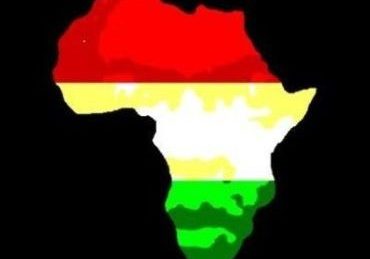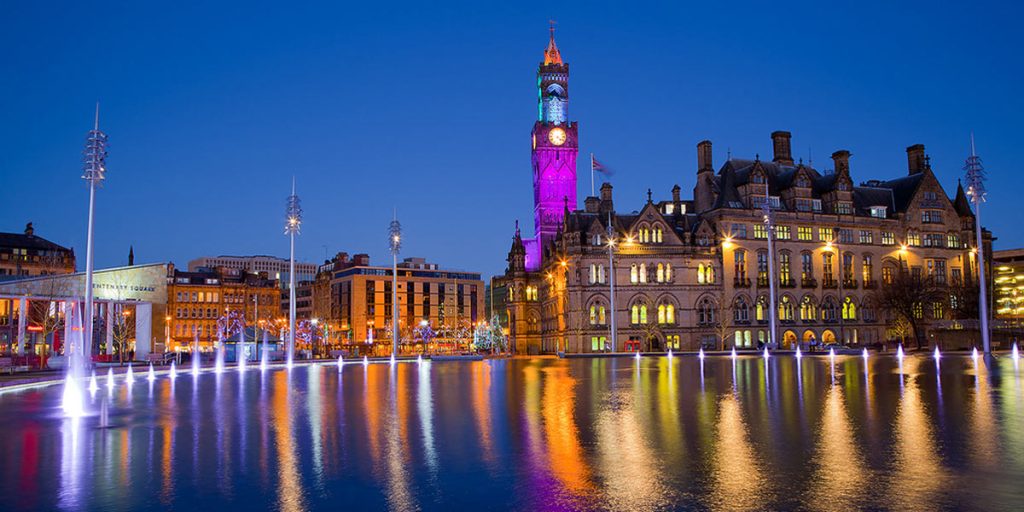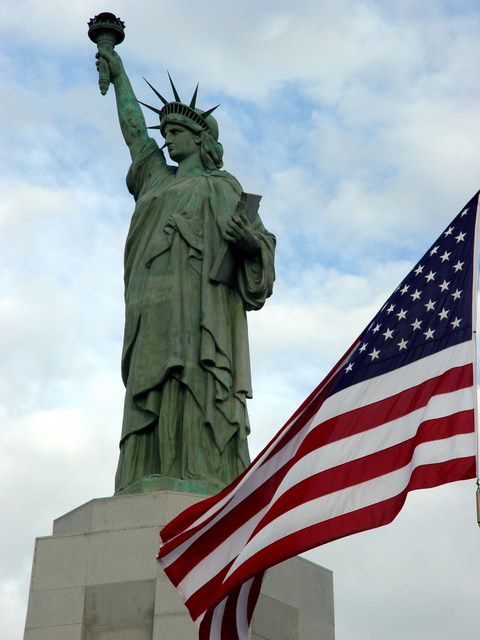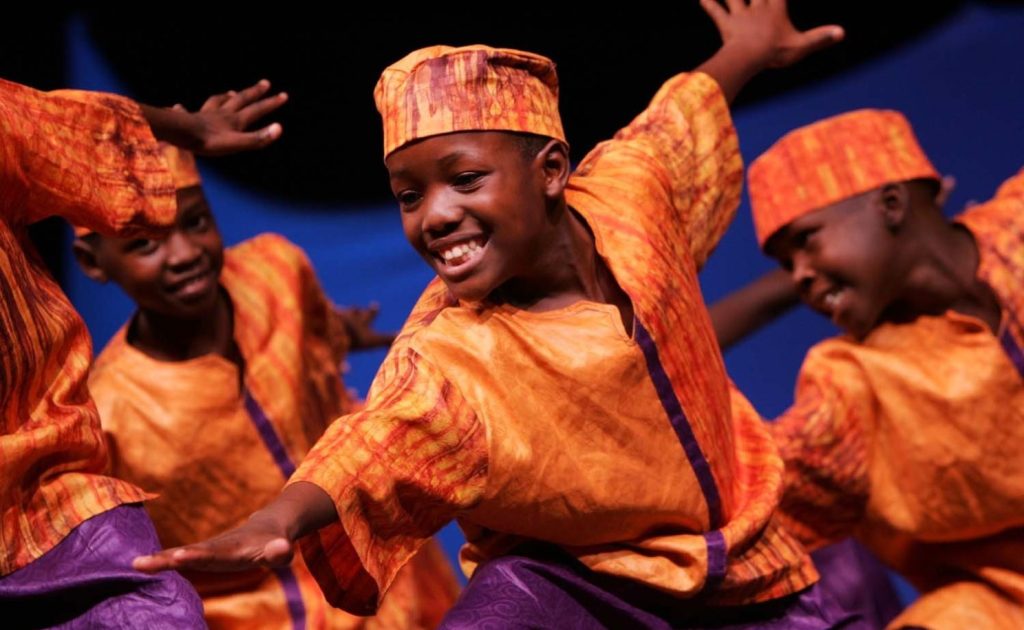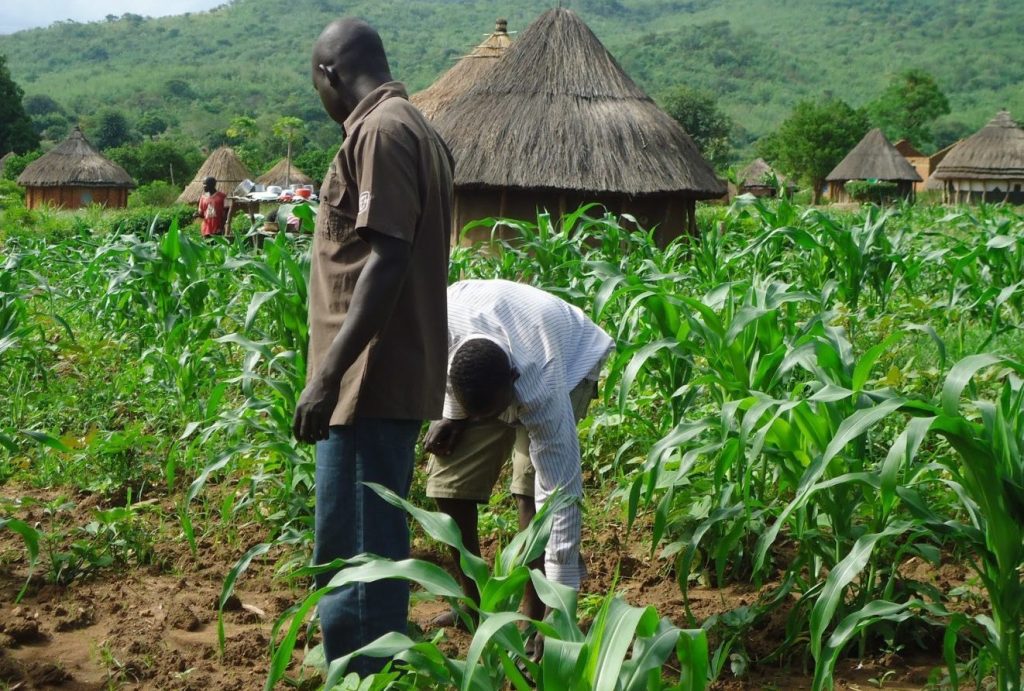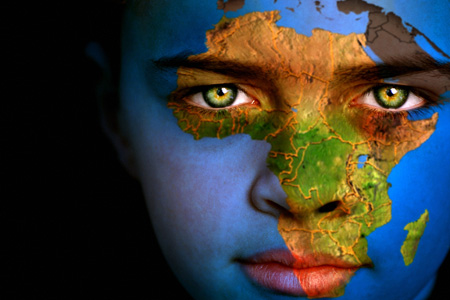– This man is the descendant of one of the 1st people enslaved in the U.S. He shares details of his ’emotional’ trip to ancestral home in Angola.
By Kaitlin Reilly and Jacquie Cosgrove – Yahoo!Life
For Vincent Tucker, a trip to Africa was also a powerful exploration of his ancestry.
Tucker and his family are the descendants of two of the first people who were enslaved in what would become the United States. They arrived off slave ships from Africa at Point Comfort in 1619, which, today, is the city of Hampton, Va. Tucker, who grew up in Hampton, learned of this history from his grandfather — and has made it his mission to share it with the world.
“Going back to 1619, people were taking the Africans, the Angolans, and enslaving them,” Tucker explains. “The Spanish ship had loaded about 350 Angolans on this ship. The Dutch ship, the White Lion, intercepted that ship and headed for Hampton, Virginia. We are descended of William Tucker, named after the plantation owner, and that was the first enslaved child documented as born and baptized in the Virginia colony. This was part of our family history that was passed down.”
In honor of his ancestor, Tucker co-founded the William Tucker 1624 Society, in order to educate the public about the first Africans to arrive in Virginia. With many legislators seeking to ban educational lessons centered on the history of people who were enslaved in the United States, the William Tucker 1624 Society is working to ensure that this legacy won’t be lost. While exploring the history of the first people who were enslaved on American soil is vital, Tucker also wanted to explore his family’s roots beyond America.
That opportunity came after a Sept. 2021 meeting with Angola’s President João Lourenço at the Smithsonian’s National Museum of African American History and Culture. Tucker and members of his family shared that while they had never visited Angola, they hoped to. President Lourenço said he would send for them — which he did. Just 60 days later after their first meeting, Tucker and his family were in Angola, learning about their family’s African roots.
“Our job, or goal, was to dig in, to help us understand what took place 400 years ago,” Tucker says of the trip. “They would capture those Africans and come through the Kwanza River. We wanted to travel those pathways … the place where our ancestors walked through, to be forced into slavery. We put our feet in the water. That was a touching moment, it was really emotional.”
Tucker shared that his visit to Africa was a vital history lesson — something he couldn’t have picked up in an encyclopedia.
“We talk about Africa as if we know Africa, but many of us don’t,” he explains. “To try and go back and relearn some of the stuff that we’ve been told that may not have been true, it was really emotional. The Angolans were full of love, the children were full of smiles, it was just so great to be there.”
The trip was also a full-circle moment. In addition to Tucker and his family visiting Angola, members of the Angolan government traveled to Virginia in February to see where the first Angolans lived in the United States. During the visit, they sprinkled soil from the Kwanza River across the cemetery where the first Angolans in America were buried.
“It was very symbolic, it was very spiritual,” says Tucker. “It was bringing a connection, and showing the Angolans that we are one. We are family. We are together. It was powerful.”
Now, Tucker hopes that his experience can inspire others.
“African Americans, for the most part, have limited information about our culture, our place of origin. I recommend people visit Black history museums, all museums, really, because we have a place in America in every aspect of America,” he says. “If you can book a trip to go to the motherland of Africa, please do. If you can get to the Caribbean islands, which also had enslavement there, go so we can all learn. For me, I will continue to do international travel because I have a thirst to learn our place in the world, this country, this continent. I would recommend that to everyone — share the stories.”
IMAGE: Motherland Africa
